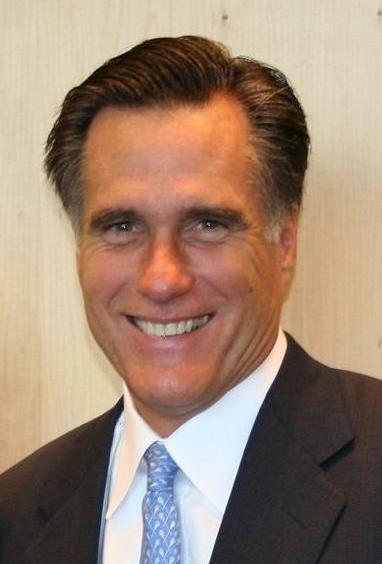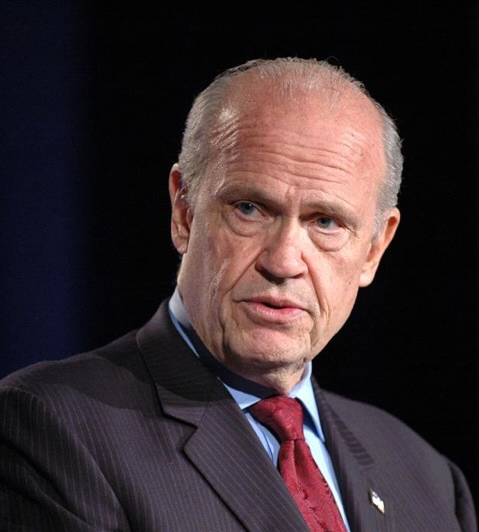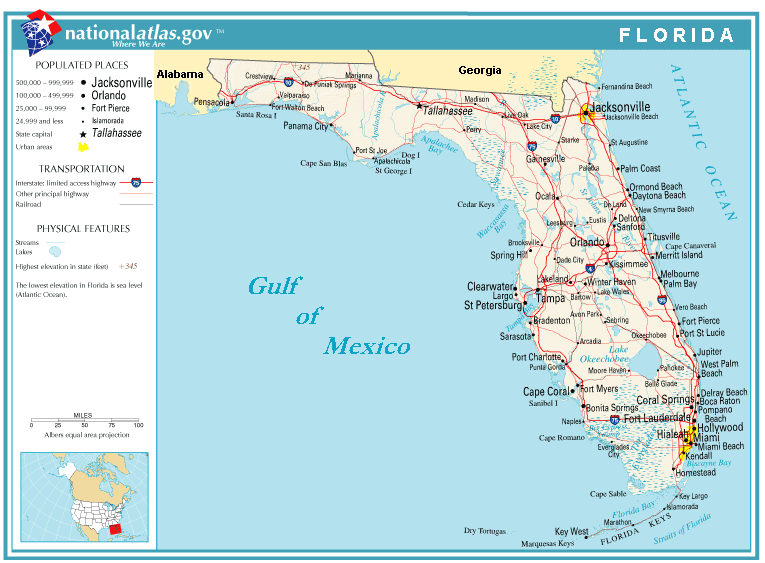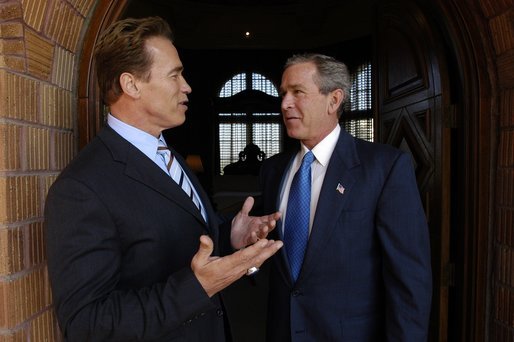Why, then, is Clinton seen as the frontrunner? It’s the latest curious appearance of that conventional political wisdom, the groupthink pronunciamentos of the boys and girls of the Beltway — and it ain’t necessarily so.
Let’s drill down into what faces the two survivors in the Democratic contest:
Hillary (the Empress) Clinton lays solid claim to being the historical frontrunner; her past role in the front-passenger seat of White House history is undeniable. With a well-funded campaign, a raft of advisers and political instincts borrowed from hubby Bill, she has a gravitas that precedes her handsomely.
 Positives for Clinton: The win in the New Hampshire primary made her a force to be reckoned with all over again. The senator from New York brings a well-oiled machine into Super Tuesday. She's thought to have the women's vote locked up, as well as many states in the west, including the delegate mother lode of California. And there's also the intangible sense of inevitability Clinton has worked hard to convey, a sense that, despite everything thrown at her, she remains the one to beat. Intangibles are emotions, and politics can't exist without them. As a known quantity and a beneficiary of the momentum of the role of women in American life, Clinton is ready for battle.
Positives for Clinton: The win in the New Hampshire primary made her a force to be reckoned with all over again. The senator from New York brings a well-oiled machine into Super Tuesday. She's thought to have the women's vote locked up, as well as many states in the west, including the delegate mother lode of California. And there's also the intangible sense of inevitability Clinton has worked hard to convey, a sense that, despite everything thrown at her, she remains the one to beat. Intangibles are emotions, and politics can't exist without them. As a known quantity and a beneficiary of the momentum of the role of women in American life, Clinton is ready for battle.Negatives for Clinton: It's been said before: Nothing would unify the Republicans like Clinton as the Democratic nominee. Ironically, some of her strengths as a known political operative work against her, too. That inevitability she's worked hard to establish from day one of her campaign has come across as a sense of entitlement, almost an arrogance that's put many would-be supporters off. Her biggest champion, husband and former president Bill Clinton, has lately been as much a liability as an asset, overshadowing the candidate at the very time she needs to be asserting her independence, her own indelible voice. And despite her best efforts, Hillary Clinton remains yoked to an unpopular war -- and by extension, to the Republican administration that made that war possible.
Barack (the Phenom) Obama has been a game challenger, with a solid fundraising presence on the Internet and a stature as the first truly credible African American candidate for the highest office in the world. HIs delegate lead is slim, but ample evidence of his political credibility going into Super Tuesday.
 Positives for Obama: The junior senator from Illinois has electrified American politics like no one in recent memory. With the strength of his convictions, a history as a reformer and a politician unafraid to reach across the aisle, and a soaring oratorical style that has brought many in his growing audiences to tears, Barack Obama is beneficiary of his own intangibles and that rarest of presidential candidates: a man commanding a deft blend of passion and policy, one whose pursuit of the office alone has already made him a historical figure. That combination has brought on a string of high-profile endorsements, including the backing of Sen. John Kerry, Kansas Gov. Kathleen Sebelius, the Chicago Tribune, Nobel laureate Toni Morrison, and some in the Kennedy family including Sen. Ted Kennedy, lion of the Senate, and Caroline Kennedy, whose recent op-ed in The New York Times cemented an emotional link between Obama and the still-powerful spectre of John Kennedy, the senator who became president on the strength of a vision of the Great American Possible.
Positives for Obama: The junior senator from Illinois has electrified American politics like no one in recent memory. With the strength of his convictions, a history as a reformer and a politician unafraid to reach across the aisle, and a soaring oratorical style that has brought many in his growing audiences to tears, Barack Obama is beneficiary of his own intangibles and that rarest of presidential candidates: a man commanding a deft blend of passion and policy, one whose pursuit of the office alone has already made him a historical figure. That combination has brought on a string of high-profile endorsements, including the backing of Sen. John Kerry, Kansas Gov. Kathleen Sebelius, the Chicago Tribune, Nobel laureate Toni Morrison, and some in the Kennedy family including Sen. Ted Kennedy, lion of the Senate, and Caroline Kennedy, whose recent op-ed in The New York Times cemented an emotional link between Obama and the still-powerful spectre of John Kennedy, the senator who became president on the strength of a vision of the Great American Possible. Negatives for Obama: Some of the senator's negatives stem from his relatively short time on the national stage. He is untested as a leader at the highest level (a fact that's not so much a contrast with Clinton as it is a statement of fact on its own). But many of the more compelling negatives for Obama are matters of perception. Time and again, politicians, the press and the public have said that the country "isn't ready" for a black president (betraying more about them than about the country or the candidate). Despite such backward perceptions, those feelings are real and deeply rooted in the American experience. As such, they represent the biggest challenge to the Obama campaign: a need to conquer not only the other candidates but also the immovable force of a racial history that is, in too many tragic ways, less history than current events.
With the Democratic field narrowed to two (after the withdrawal of former North Carolina Sen. John Edwards, a presidential aspirant almost as inspiring as Obama), the choice of either survivor will make history. This tribal council -- the citizens of 22 states (and American Samoa) -- will decide on Tuesday.
-----
Image credits: Clinton: Public domain. Obama: transplanted mountaineer, used under Creative Commons Attribution ShareAlike 2.0 license > Wikipedia

































